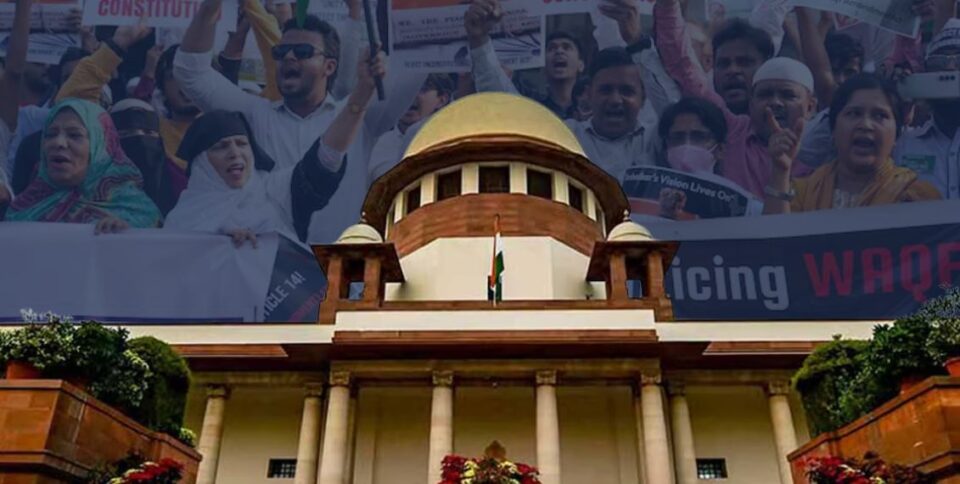NEW DELHI, Sept. 15: The Supreme Court on Friday put on hold several provisions of the Waqf (Amendment) Act after noting that some clauses could lead to an “arbitrary” exercise of power. A bench led by Chief Justice BR Gavai, along with Justice AG Masih, said that while the entire law need not be stayed, certain sections required protection until the petitions challenging its constitutionality are heard.
One of the most contentious provisions allowed the District Collector to act as the final authority in disputes over Waqf properties. The bench said, “The Collector cannot be permitted to adjudicate the rights of private citizens. This would violate the separation of powers. Till adjudication by a tribunal, no third-party rights can be created.”
Another clause requiring that only a person practising Islam for at least five years could declare a Waqf was also paused. “Without any clear mechanism, this could lead to arbitrary power,” the Chief Justice observed.
The court further directed that Waqf Boards should not have more than three non-Muslim members, while the Central Waqf Council should not have more than four.
The amendments, passed by Parliament and signed by the President in April, had triggered widespread protests by Muslim organisations. They argued that the changes threatened Waqf lands and violated constitutional rights. The government, however, maintained that the law was meant to address long-pending land disputes and encroachments.
Among the petitioners, the All India Muslim Personal Law Board welcomed the ruling. Board member Syed Qasim Rasool Ilyas said many of their concerns—such as Waqf by user rights, protection of monuments, and the five-year clause—had been accepted by the top court “to a large extent.”

